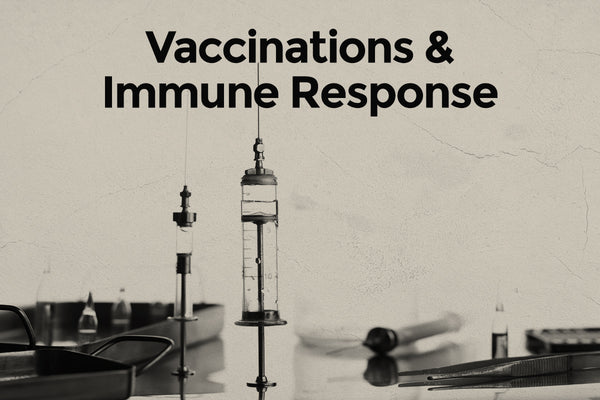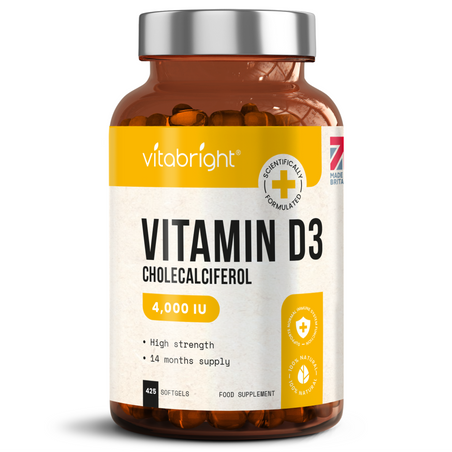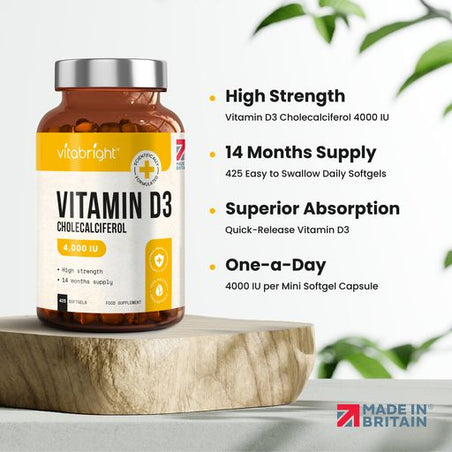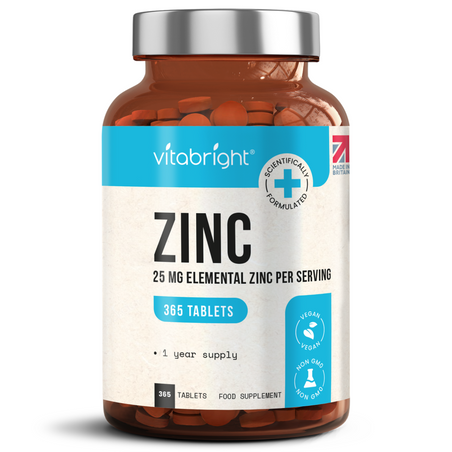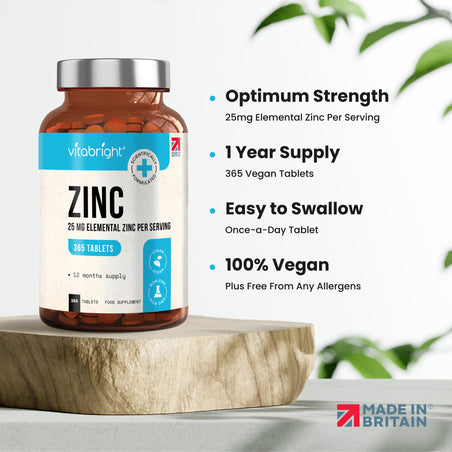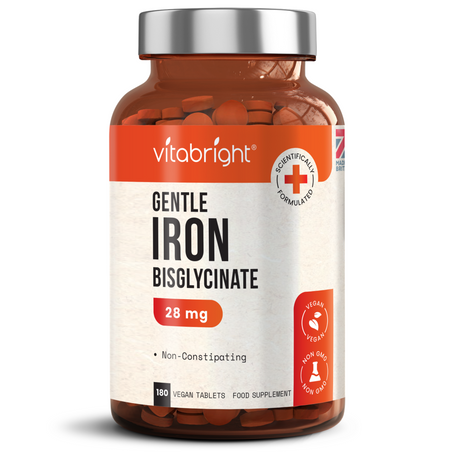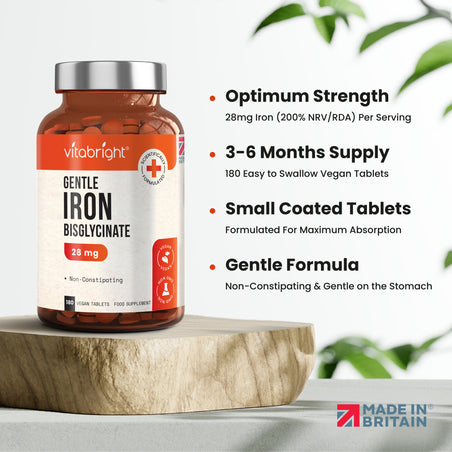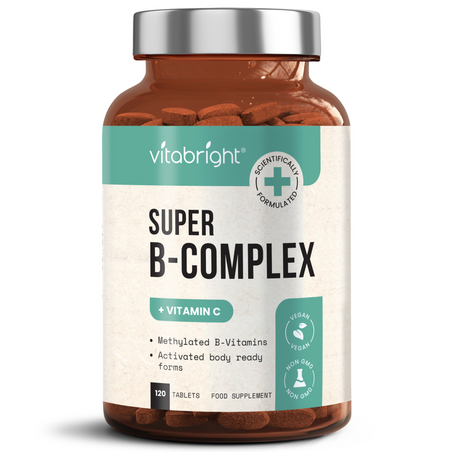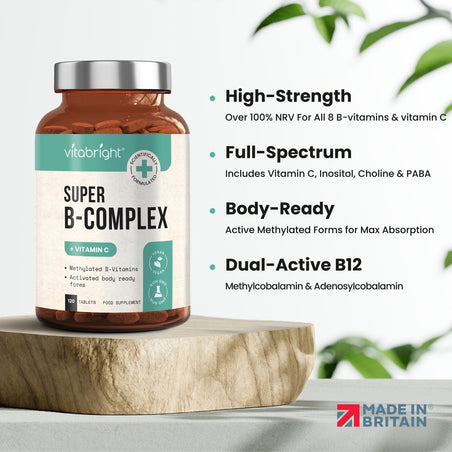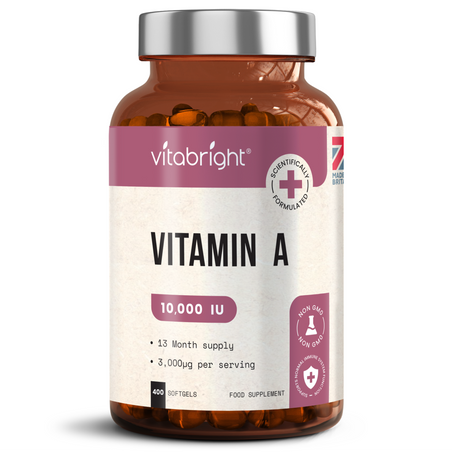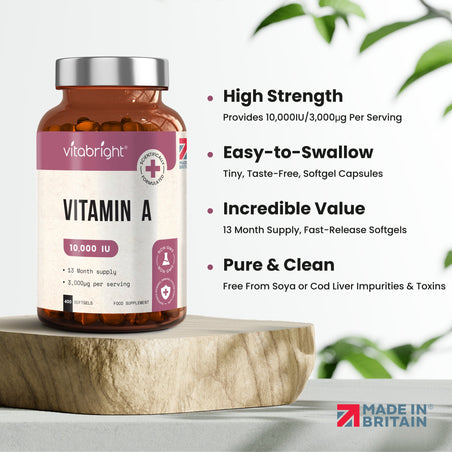Immune Intelligence Supplements
How do we help our bodies fight against infections? Generally, we think of getting immunisations or using antibiotics and antivirals to fight off invading germs.
Incorporating immune intelligence supplements can also aid in boosting immunity.
Immune intelligence refers to the ability of the immune system to recognise, respond to, and remember specific pathogens or disease-causing substances. It's a measure of how effectively our immune system can protect us from infections and diseases.
Vitamin D3 4000 IU Cholecalciferol 425 Softgels (14 month supply)
Vitamin D3 helps the immune system address white blood cell’s inflammatory reaction to disease. It protects the body from infection as it regulates immune cell activity and bolsters antiviral properties. Vitamin D also reduces inflammatory immune responses when the body is already dealing with too much inflammation.
Bio Cultures Complex Advanced Multi Strain Probiotic
The gastrointestinal tract is home to 70% of the body's immune system, which is constantly exposed to antigens; molecules that can trigger an immune response. Bio Cultures (probiotics & prebiotics) are key to keeping balanced gut bacteria and the building blocks of a healthy immune system.
Zinc Gluconate Tablets - 25mg
Zinc boosts immunity by lining skin and organs with immune cells. It helps wounds to heal and keeps your immune system strong. It also ensures that the parts of the body that create these immune cells, like the thymus and bone marrow, are working properly.
Gentle Iron Bisglycinate - 28mg
Iron increases the amount of immune cells, red blood cells and oxygen throughout the body, and helps the immune system remain strong and resilient. An iron deficiency can take down your body's first line of defence in your immune system, which leaves you more at risk for infection and disease.
Super B Vitamin Complex
B vitamins are involved in the production of red blood cells, which carry oxygen and nutrients to the body's tissues and have been shown to have anti-inflammatory effects and help boost the production of antibodies.
Vitamin A | 10,000 IU | 400 Softgels
When the body is first introduced to harmful entities, it responds with inflammation, resulting in a fever. Conversely, immune intelligence doesn’t rely on inflammation to fight off disease. As Vitamin A has anti-inflammatory properties, it supports immune system functions.

How to Vitamins and Minerals Help Immune Intelligence?
Several vitamins and minerals play crucial roles in supporting the immune system and enhancing its intelligence.
Vitamin C
Vitamin C is a powerful antioxidant that helps protect cells from damage by free radicals. It also supports the function of various immune cells and enhances the production of white blood cells, which are essential for fighting infections.
Vitamin C promotes the production and function of phagocytes and lymphocytes, which are key components of the immune system. It also supports the skin's barrier function, making it harder for pathogens to enter the body.
Vitamin D
Vitamin D plays a crucial role in regulating the immune system's response to pathogens. It modulates the expression of genes that are involved in immune response and enhances the function of immune cells.
Vitamin D promotes the production of antimicrobial peptides, which are natural antibiotics that help kill invading pathogens. It also modulates the activity of immune cells like T cells and macrophages, improving their ability to fight infections.
Zinc
Zinc is essential for the development and function of immune cells, including neutrophils, natural killer cells, and T cells. It also plays a role in wound healing and maintaining the integrity of the skin and mucous membranes.
Zinc supports various immune functions, including antibody production, cytokine signaling, and the activity of enzymes involved in DNA replication and cell division. It also helps maintain the skin's barrier function, preventing pathogens from entering the body.
Vitamin E
Vitamin E is a potent antioxidant that protects cell membranes from damage by free radicals. It also supports the function of immune cells and enhances their ability to respond to infections.
Vitamin E boosts the activity of T cells, which play a central role in the adaptive immune response. It also enhances the production of antibodies and supports the function of various immune cells by protecting them from oxidative stress.
Selenium
Selenium is a trace mineral that is essential for the proper functioning of the immune system. It helps regulate inflammation and supports the function of immune cells.
Selenium is a component of selenoproteins, which are antioxidant enzymes that help protect cells from damage. It also supports the function of T cells and enhances their ability to combat infections.
Iron
Iron is essential for the production and function of red blood cells, which carry oxygen to tissues and organs. Adequate iron levels are also necessary for the proper function of the immune system.
Iron is required for the proliferation and maturation of immune cells, including T cells, B cells, and macrophages. It also supports the production of antibodies and enhances the ability of immune cells to respond to infections.
Several vitamins and minerals play crucial roles in supporting the immune system and enhancing its intelligence.
Vitamin C
Vitamin C is a powerful antioxidant that helps protect cells from damage by free radicals. It also supports the function of various immune cells and enhances the production of white blood cells, which are essential for fighting infections.
Vitamin C promotes the production and function of phagocytes and lymphocytes, which are key components of the immune system. It also supports the skin's barrier function, making it harder for pathogens to enter the body.
Vitamin D
Vitamin D plays a crucial role in regulating the immune system's response to pathogens. It modulates the expression of genes that are involved in immune response and enhances the function of immune cells.
Vitamin D promotes the production of antimicrobial peptides, which are natural antibiotics that help kill invading pathogens. It also modulates the activity of immune cells like T cells and macrophages, improving their ability to fight infections.
Zinc
Zinc is essential for the development and function of immune cells, including neutrophils, natural killer cells, and T cells. It also plays a role in wound healing and maintaining the integrity of the skin and mucous membranes.
Zinc supports various immune functions, including antibody production, cytokine signaling, and the activity of enzymes involved in DNA replication and cell division. It also helps maintain the skin's barrier function, preventing pathogens from entering the body.
Vitamin E
Vitamin E is a potent antioxidant that protects cell membranes from damage by free radicals. It also supports the function of immune cells and enhances their ability to respond to infections.
Vitamin E boosts the activity of T cells, which play a central role in the adaptive immune response. It also enhances the production of antibodies and supports the function of various immune cells by protecting them from oxidative stress.
Selenium
Selenium is a trace mineral that is essential for the proper functioning of the immune system. It helps regulate inflammation and supports the function of immune cells.
Selenium is a component of selenoproteins, which are antioxidant enzymes that help protect cells from damage. It also supports the function of T cells and enhances their ability to combat infections.
Iron
Iron is essential for the production and function of red blood cells, which carry oxygen to tissues and organs. Adequate iron levels are also necessary for the proper function of the immune system.
Iron is required for the proliferation and maturation of immune cells, including T cells, B cells, and macrophages. It also supports the production of antibodies and enhances the ability of immune cells to respond to infections.

The Four Stages of Immune Intelligence
- Recognition: The immune system can identify and distinguish between self and non-self cells or substances. In other words, it recognises molecules called "antigens", that are present on the surface of germs, and knows they are not supposed to be in our bodies. The spike proteins on covid viruses are an example of an antigen.
- Response: Once a foreign antigen is recognised, the immune system mounts a response to eliminate it. It activates various immune cells, produces antibodies, and releases signalling molecules called cytokines.
- Memory: After meeting a specific pathogen or antigen, the immune system develops a "memory" of it. This allows for a faster and more effective response when it meets it again, providing long-lasting immunity.
- Regulation: The immune system also has mechanisms to regulate its responses to avoid excessive inflammation or damage to healthy tissues. This balance is crucial for maintaining overall health.
- Recognition: The immune system can identify and distinguish between self and non-self cells or substances. In other words, it recognises molecules called "antigens", that are present on the surface of germs, and knows they are not supposed to be in our bodies. The spike proteins on covid viruses are an example of an antigen.
- Response: Once a foreign antigen is recognised, the immune system mounts a response to eliminate it. It activates various immune cells, produces antibodies, and releases signalling molecules called cytokines.
- Memory: After meeting a specific pathogen or antigen, the immune system develops a "memory" of it. This allows for a faster and more effective response when it meets it again, providing long-lasting immunity.
- Regulation: The immune system also has mechanisms to regulate its responses to avoid excessive inflammation or damage to healthy tissues. This balance is crucial for maintaining overall health.
Articles from VitaBright's Knowledge Centre
